
Rhode Island made a bold move this month that cat lovers and vets across the country are watching closely. The state has joined a growing group banning cat declawing, with serious penalties that could end a vet’s career. Animal advocates call this a major win for cats everywhere. The new law starts on September 1, 2025, and its impact is already spreading.
Support for similar laws is growing in places like California and New Jersey. This isn’t just about one small state, it’s about changing how we treat the animals we live with.
What Exactly Is Declawing Anyway?
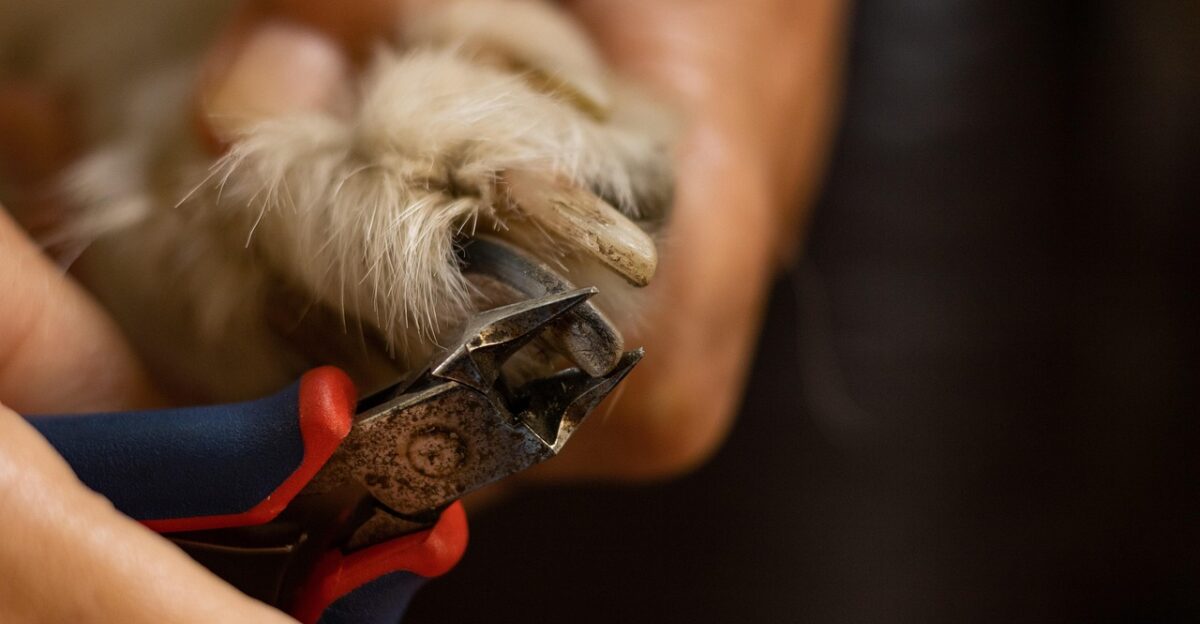
Many people think declawing is like clipping nails, but it’s far more intense. The procedure cuts off the last bone of each toe, like removing your fingers at the last joint. According to the American Association of Feline Practitioners, this means cutting through tendons, nerves, and joints. The Humane Society calls it “10 separate amputations.”
Declawed cats often suffer from pain, behavior problems, and trouble walking. Scratching isn’t just a habit, it helps cats stretch, mark territory, and defend themselves. When you take that away, you take away part of who they are. That’s why Rhode Island took action.
Rhode Island Steps Up and Says ‘No More’
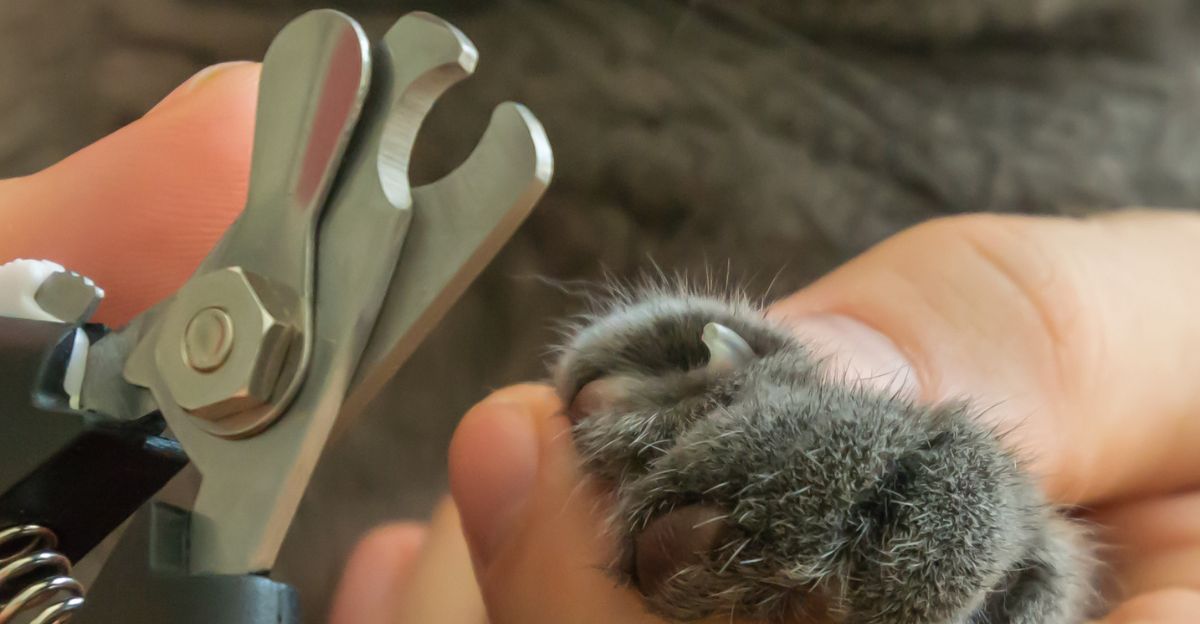
Rhode Island became the fifth state to ban declawing cats starting September 1, 2025. The new law blocks all claw removal or tendon-cutting surgeries unless needed for medical reasons. Senator Melissa Murray, who led the bill, said: “Declawing is painful, unnecessary and inhumane.” The law was passed last month in June without the governor’s signature.
Representative William O’Brien called it “mutilating a defenseless cat.” The big difference here is how strongly the law is enforced. Rhode Island isn’t just issuing fines, vets can actually lose their licenses. That’s a serious message. Let’s take a closer look at the penalties involved.
Break the Law, Lose Your License
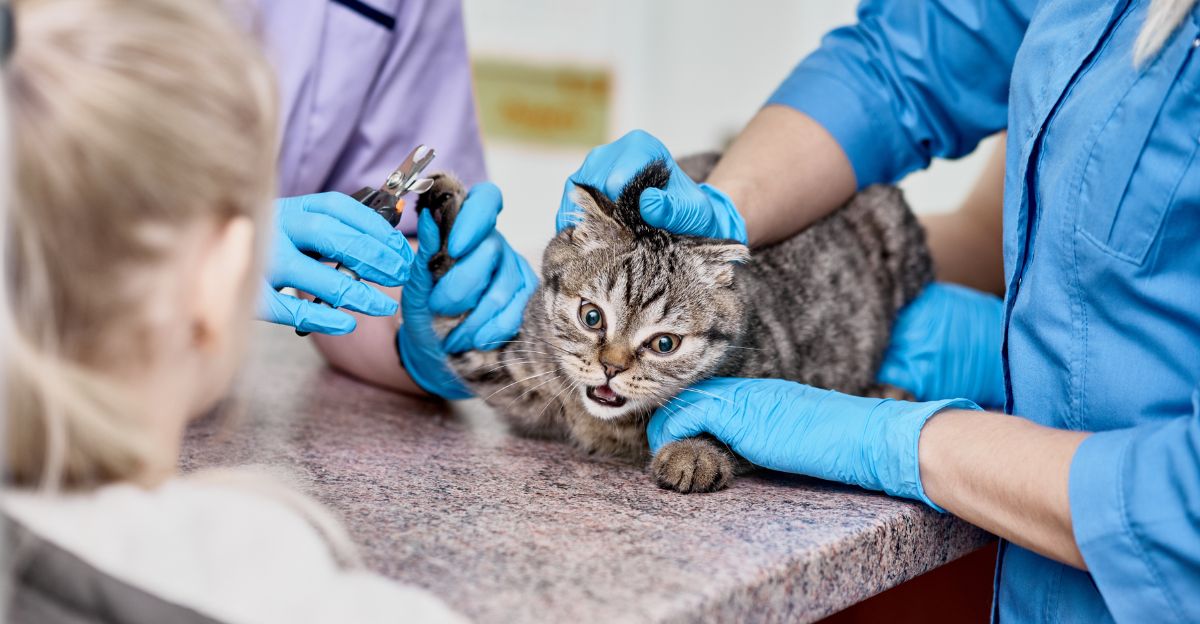
Rhode Island is taking a tough stance. Vets who break the new declawing ban can lose their license right away. That’s different from other states, which mostly use fines. In New York, fines can hit $1,000. In Massachusetts, they rise from $1,000 to $2,500 for repeat offenses. Maryland also charges up to $1,000 per case.
But Rhode Island decided that money isn’t enough to stop the problem. If vets can make more from doing the procedure than they’d lose in a fine, the law won’t work. Taking away a license makes sure this law has real power behind it.
Why More Vets Are Backing the Ban

It might be surprising, but more vets now support banning declawing. The American Association of Feline Practitioners strongly opposes it unless it’s for medical reasons. The American Veterinary Medical Association also discourages it. Big veterinary groups like Banfield Pet Hospital stopped doing it altogether in 2020.
A 2024 Animal Legal Defense Fund poll showed 73% of vets personally oppose declawing, and 60% would support a ban. These changes come from science and a shift in professional values. Vets are finding better ways to help cats and owners. Animal welfare groups agree, and they say this is just the beginning.
Animal Experts Say This Is a Turning Point

Animal advocates are calling Rhode Island’s move a big step forward. The ASPCA says declawing should only happen when all other options fail and the cat’s life is at risk. Other groups, like International Cat Care and the AAFP, say it’s unethical unless truly necessary.
Research from the Journal of Feline Medicine and Surgery shows declawed cats are more likely to develop long-term pain, act aggressively, or stop using the litter box. Experts believe this law reflects a deeper shift in how we protect pets. But Rhode Island isn’t the first state to go this route.
New York Led the Way Back in 2019

New York was the first state to outlaw cat declawing. Governor Andrew Cuomo signed the bill on July 22, 2019. The law allows fines up to $1,000 and makes exceptions only for medical needs. Cuomo said the ban would stop animals from being subjected to “inhumane and unnecessary procedures.”
The effort was led by Assemblymember Linda Rosenthal, who called declawing “a horrific, yet often-practiced surgery” that leaves cats in pain. This early move inspired others to follow. Soon, more states started considering bans, and two more passed them in the years that followed. Let’s look at who joined next.
Maryland and Massachusetts Weren’t Far Behind

Maryland became the second state to ban declawing in October 2022. It set fines of up to $1,000 and allowed license suspension for repeat violations. Massachusetts passed its own law on January 10, 2025. That law starts with a $1,000 fine, then climbs to $1,500 and $2,500 for further offenses.
Both states followed New York’s lead by allowing medical exceptions but making enforcement much stronger. Together with Rhode Island, that brings the total to five states with full bans. But they may not be the last. A growing number of other states are moving in the same direction.
More States Are Considering Bans Right Now

The list of places looking at declawing bans keeps growing. California is moving forward with Assembly Bill 867, and New Jersey’s Senate Bill 1406 recently passed a key vote. Virginia already passed a ban in 2024, becoming the fourth state to do so. Washington, D.C., and many large cities also ban the practice. Michigan and Illinois are considering similar laws.
Animal rights groups say momentum is building fast. With every new law, the pressure grows for national change. But what does all this mean for regular people, especially cat owners and veterinarians in places with new rules?
What Vets and Cat Owners Need to Know
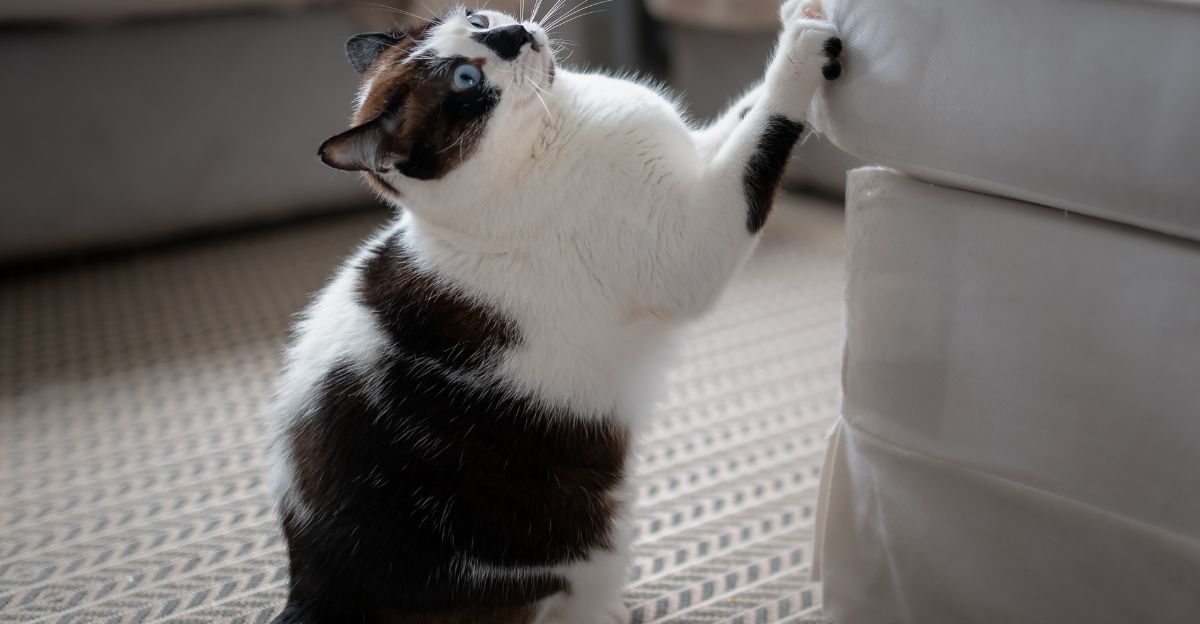
Rhode Island’s law sets clear rules. Declawing is now illegal unless it’s needed to treat illness, injury, infection, disease, or other health problems. Doing it to stop scratching or save furniture is no longer allowed. Vets must write down why the procedure is medically necessary. Owners are now expected to try safer options like nail caps, scratching posts, and trimming.
The AVMA recommends trimming nails every 1 to 2 weeks, replacing nail caps every 4 to 6 weeks, and using rewards to change scratching behavior. Vet offices also need to retrain staff and update their procedures.
Not Everyone Agrees With the Ban

While support for banning declawing is growing, some experts still have concerns. Some vets say laws like this limit their ability to make medical decisions. Others worry that bans could lead to more cats being given up or even put down if owners can’t manage scratching. But a study from British Columbia found that shelter surrenders actually went down after their ban. Euthanasia rates dropped too.
So far, the fears haven’t come true. That’s giving more lawmakers confidence to pass similar laws. If these results keep showing up, we may see even more changes soon.
Could This Be the Start of a Bigger Shift?
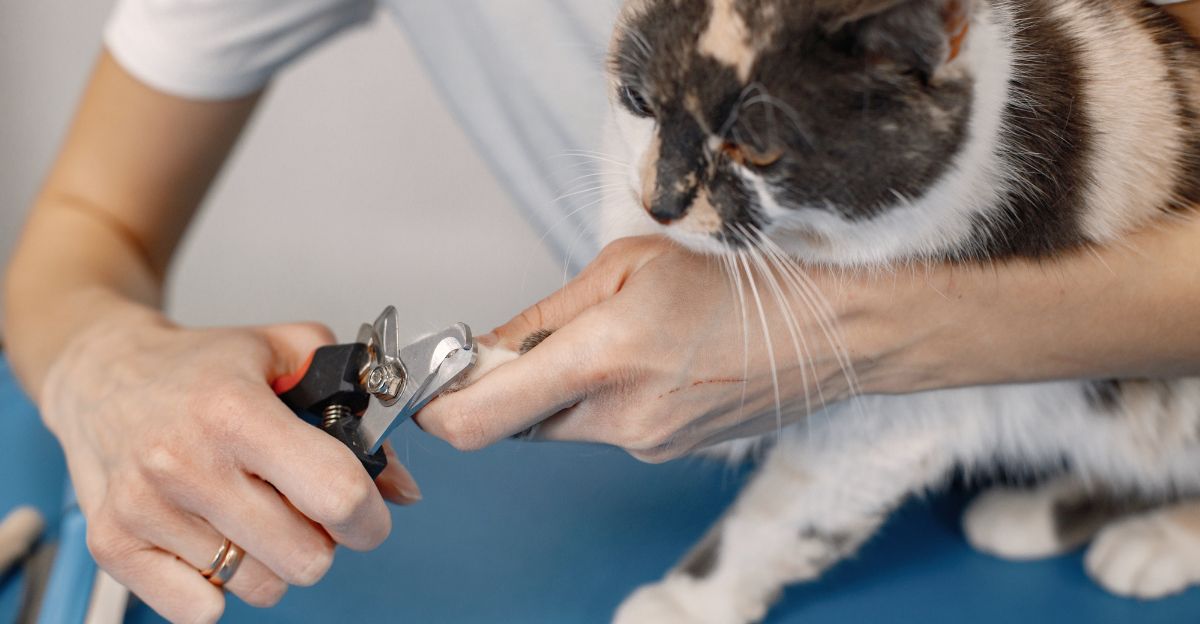
Rhode Island’s new law may be part of something much bigger. Five states: New York, Maryland, Virginia, Massachusetts, and now Rhode Island, have banned declawing. Washington, D.C., has joined them, and more states are on the way. Other countries like the UK, Australia, and most of Europe banned declawing years ago. Studies show declawed cats are more likely to bite, avoid litter boxes, and live in pain.
More Americans are learning the truth and pushing for change. Rhode Island’s decision could spark a wave that eventually makes the United States fully protect cats, just like other major nations already have.







